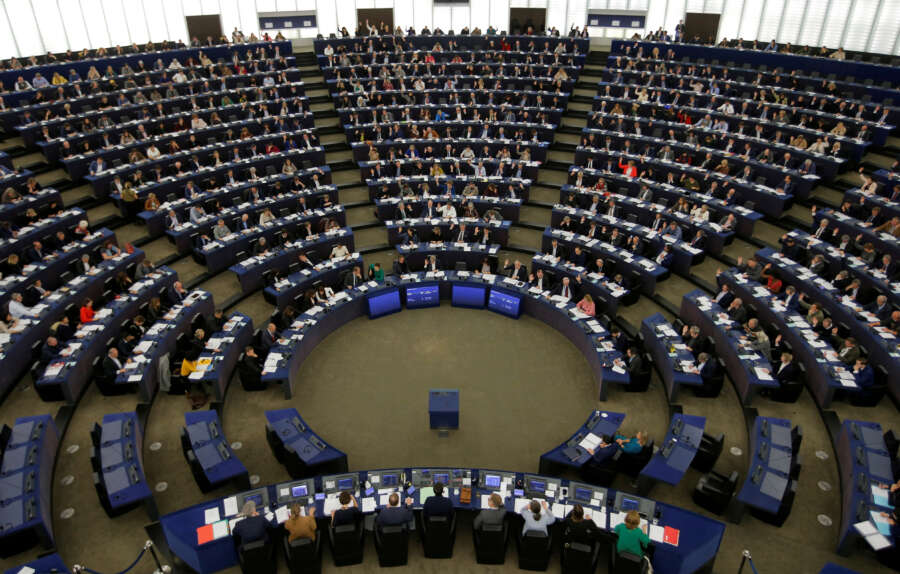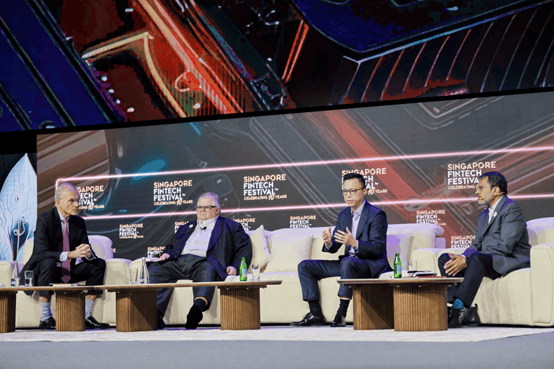
By Huw Jones
LONDON (Reuters) – The European Union should make extra time to align its policies with international rules on reporting on climate change to save time in the long run and simplify life for companies, global standard setting board said on Wednesday.
That could mean extending slightly a November deadline to complete drafts as the EU draws up the text on mandatory disclosures for 50,000 companies in the bloc to disclose how climate change affects their business.
Climate disclosures are designed to give investors rigorous and comparable information on how climate change affects companies as regulators worry about greenwashing, whereby companies exaggerate their environmental credentials, and also about those who downplay the impact of global warming.
The EU’s November deadline places it ahead of the global pack and the new International Sustainabilty Standards Board (ISSB), which aims by the end of the year to draw up “global baseline” disclosures that companies outside the EU, such as Britain, China and Japan, could apply.
ISSB chair Emmanuel Faber said the board holds weekly meetings with the EU’s standards writing body EFRAG, but that the time pressure the EU is under creates “complexities”.
“I would hope that our EU colleagues in the discussions feel that the prize of aligning is such that it’s worth having more time, if needed,” Faber told the European Parliament.
“I think on climate I think we are very close on substance,” Faber added.
Multinational companies, the European Central Bank and International Monetary Fund have called for alignment between the EU, ISSB and the United States, which has proposed its own disclosure rules, to avoid fragmentation in approaches that would increase compliance costs.
Business groups have also said the EU and ISSB need to remove differences in basic terminology.
To maintain momentum towards alignment, the ISSB has decided to focus on finding common ground on carbon emissions from customers of companies, known as Scope 3 emissions, Faber said.
“There is an intersection between what we do and what EFRAG does. The bigger the intersection, the simpler the life of companies will be,” Faber said.
(Reporting by Huw Jones; editing by Barbara Lewis)


